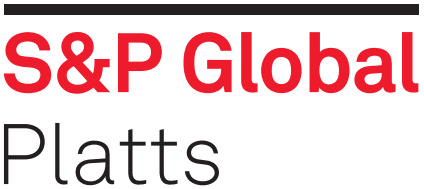
The Europe-wide outbreak of coronavirus has hammered automotive production.
The following are key facts about the Europe wide automotive manufacturer shutdown.
Tradeflows:
Automotive is the largest consumer of aluminum in Europe, accounting for:
- 11,000 mt estimated daily lost aluminum consumption
- 170,000 mt estimated total lost aluminum consumption
Automotive is the second-largest consumer of steel in Europe, after construction:
- 55,000 mt estimated daily lost steel consumption
- 890,000 mt estimated total lost steel consumption
- Society of Motor Manufacturers and Traders, UK, revised its outlook for new car registrations in 2020 by 23%, following a 44% drop in new registrations in March.
Infrastructure:
- 100 automotive assembly plants in Europe are shut down, removing an estimated daily production of 61,000 automobiles.
- FCA’s plants in Italy, Poland, Serbia all halted production on March 14, with an initial intention to reopen on March 27.
- Daimler closed its European plants in Germany, France, Hungary and Austria on March 17.
- The first shutdown occurred on March 13 and since, production lines across Europe have been going cold as automakers responded to logistical problems hampering supply lines and also attempted to maintain worker welfare. As of March 26, all major European car manufacturers had halted output.
- With the automotive sector a major consumer, European aluminum and steel industries have experienced a marked drop in demand. According to the World Steel Association, a car uses an average of 900 kg of steel, while automotive consultancy Ducker puts the average use of aluminum in cars at 179 kg.
- The loss of the second-largest steel-consuming industry in Europe has seen a number of steelmakers cut production, with Voestalpine and ArcelorMittal even idling blast furnaces. In aluminum, shutdowns have been seen at secondary producers, recyclers and extruders, all of which sell heavily into automotive. Although smelter shutdowns are yet to be seen, there have been suggestions that European smelters have shifted their production towards P1020 grade.
- Tyre producers Pirelli & Michelin have stopped production in Europe in reaction to automotive producer shutdowns, weighing on SBR prices in Europe.
Prices:
- After initially dropping €60/mt on March 21 as most major automakers in Europe shut down production, secondary aluminum prices have remained steady since at €1,350-€1,400 ($1,457-$1,511)/mt for 226 alloy, with most participants focusing on crisis management. Most aluminum alloy players have either partially or fully shut down production in the weeks since, or moved to short-time work in the face of exceptionally reduced demand.
- European aluminum billet premiums have lost $35 since the shutdowns began, drawing them down to their lowest level since September 2018, when Platts began assessing billet. The impact of the production pauses on demand has hammered an already oversupplied market.
- Hot rolled coil ex-works northern Europe (Ruhr) started January 2020 at prices of €435/mt ($469/mt), even lower than the €450/mt price in January 2009, having upturned since then to €474/mt in early March 2020, possibly due to the impact of production cuts.
- Prices of cold-rolled coil started to stagnate in February, following a brief price hike early in the year, seeing slight decreases during the coronavirus crisis. Buying activity fell drastically during the crisis as key consumer markets, such as automotive, stopped production.




